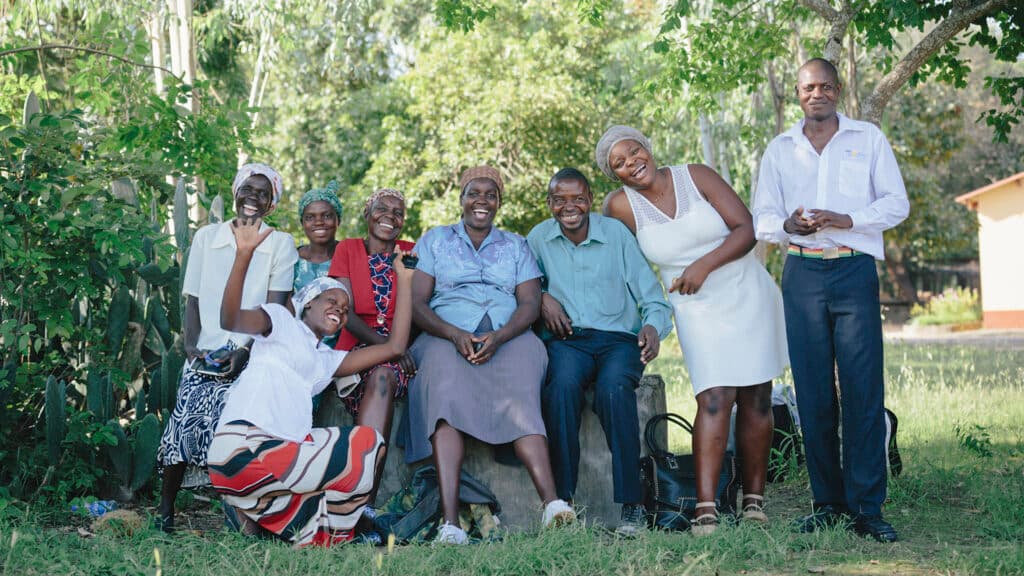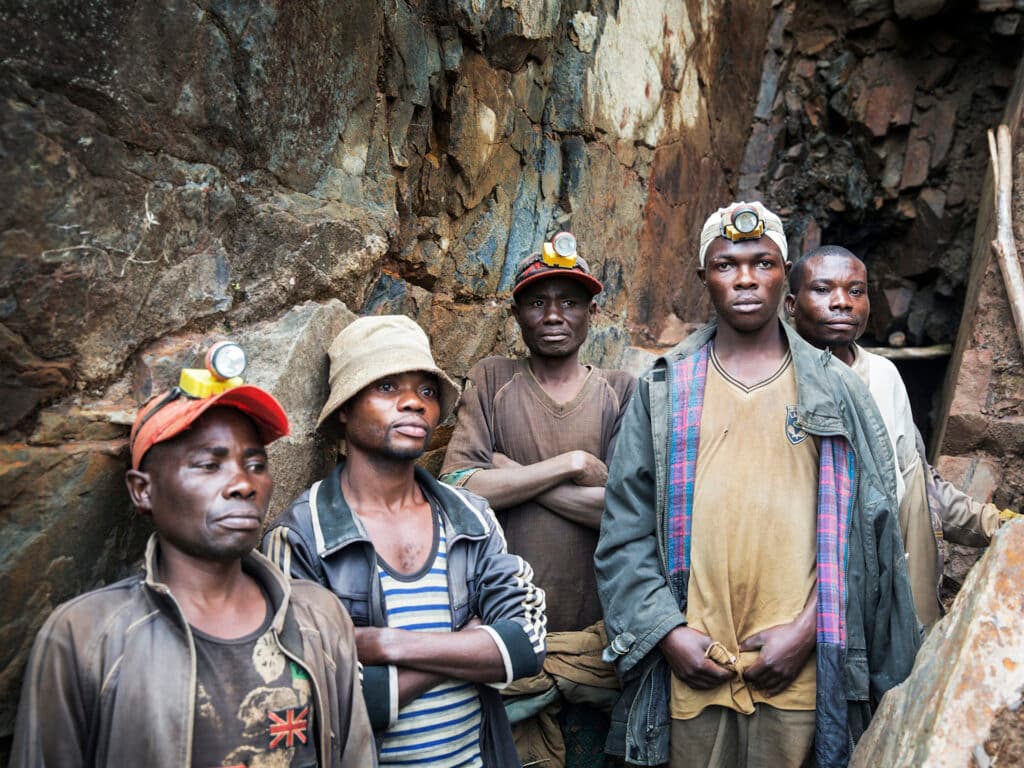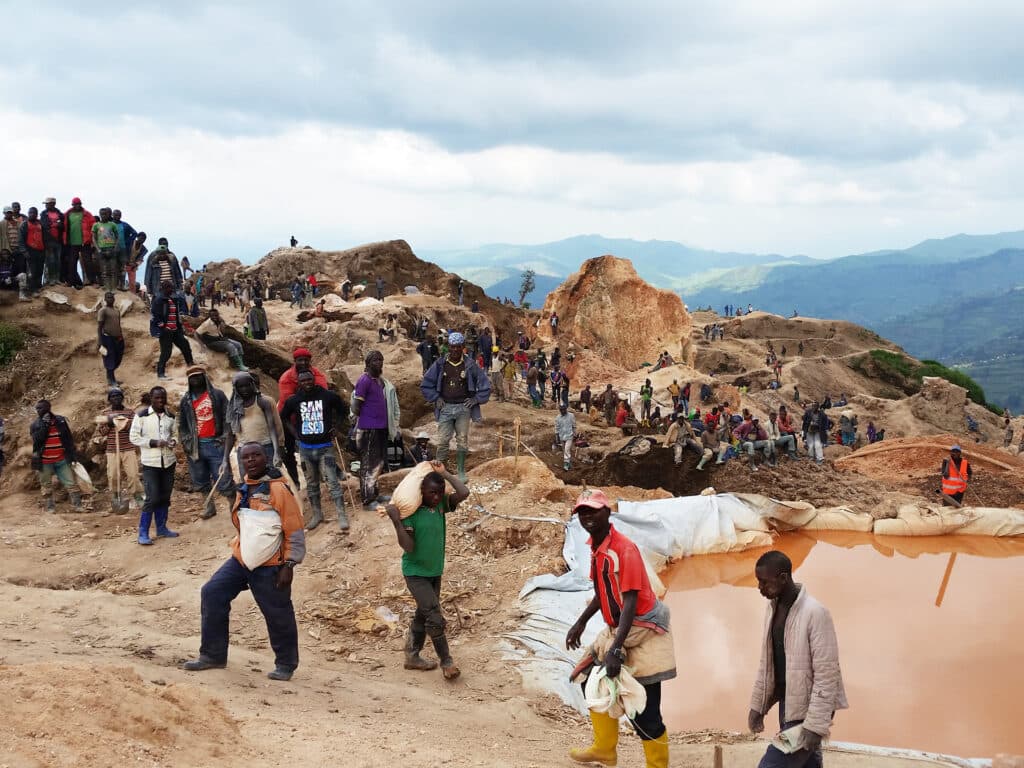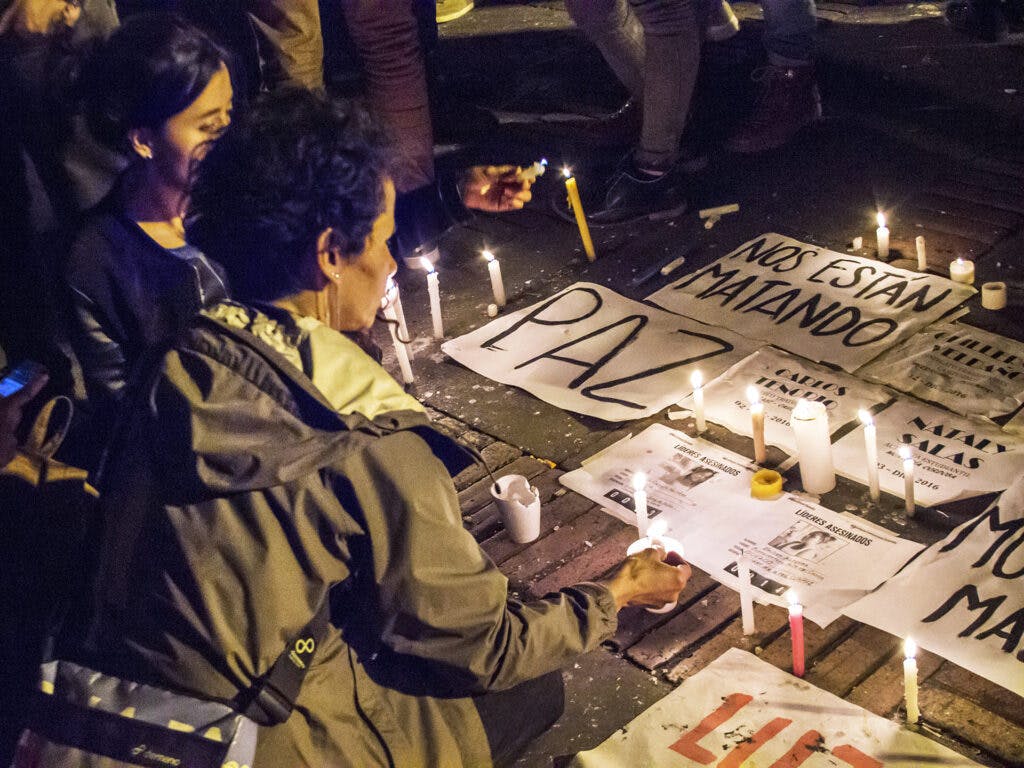
Time for peace in war-torn Congo (DRC)
The conflict in the DRC is the world's worst since the Second World War. Despite the fact that 5.4 million people have been killed, very little is being done to put an end to the hostilities. Diakonia supports local organizations working with human rights, good governance and women's rights, and is involved in advocacy. The goal is to influence rich countries and commercial actors to take their responsibility in order to impact on the underlying causes of the conflict.
Great poverty despite resource wealth
The DRC is one of the richest countries in the world when it comes to valuable natural resources. But despite this fact, its people live in great poverty and it is ranked at the bottom of the UNDP Human Development Index (HDI). Resources and wealth disappeared from the country during the colonial period and continued to do so under the dictatorship that followed.
Today the battle over, control of, and access to natural resources is one of the principal causes of the conflict. Armed groups, sometimes in co-operation with interests from external actors or surrounding countries, extract and exploit these resources. Ultimately, they reach the international market and are used to finance weapons and illegal activities instead of contributing to the development of the DRC, and improving its living conditions.
The civil population in the DRC remains very vulnerable. The army and police do not protect them or uphold the rule of law and keep order. Instead, they often contribute to the lack of security. At the same time, hostilities between different militia groups continue to plague the population.
Civil society must become stronger
The experience of the population of colonisation and dictatorship has eradicated trust in the government and the state.
Civil society in the DRC has played a vital role in the process of democracy and peace. But civil society is still weak and needs support, in particular when it comes to strengthening human rights, gender equality, good governance and fighting corruption and violence.
Lack of equality a huge problem
Traditionally Congolese women bear the greatest responsibility for supporting the family. At the same time women and children belong to the most marginalised groups in society, and are the ones most exposed to violence. Some of today's problems, with increased oppression of and violence towards women are a result of a society suffering from militarisation. For this reason, the issue of masculinity must also be included in all efforts to put a stop to violence against women and increase equality between the sexes.
Few women participate in politics and decision-making processes. However women are a great resource as change makers and driving forces in restructuring Congolese society. Empowering women and women’s organizations and encouraging their participation in political work has proven to be one of the most efficient ways of developing and strengthening democracy.
Responsibility of rich countries for the conflict
Most of DRC’s gold, diamonds, valuable woods and minerals are sold in rich countries. Diakonia is working to highlight the problems related to the sale of illicit products from the country. Together with its partner organizations, Diakonia is focusing on the issue of how the exploitation of the country’s natural resources is impacting its population living in poverty. The rich countries have a responsibility to stop illicit trade and criminal financial transactions and find ways to make the natural resources benefit the civil population.

Diakonia in the DRC
In the Democratic Republic of the Congo, Diakonia cooperates with local partner organizations to promote peace, women’s rights and democratization. We also work long term with conflict resolution and peace and reconcilitation.



